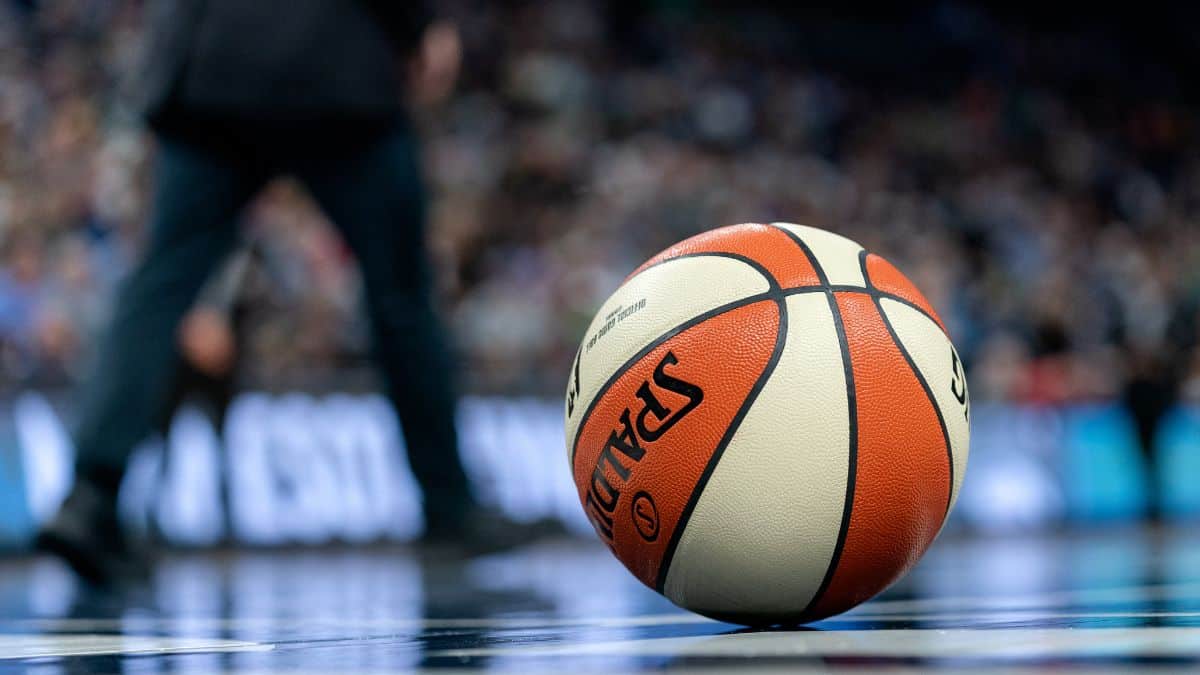The WNBA’s surging popularity has been one of sports’ biggest success stories in recent years, but the league’s rapid growth has also sparked a difficult debate over affordability. Commissioner Cathy Engelbert recently addressed rising ticket costs following a visible protest by New York Liberty fans, who donned bright orange shirts at Barclays Center to condemn what they called “skyrocketing” postseason and 2026 ticket prices.
Speaking on In Case You Missed It with Khristina Williams, Engelbert acknowledged the concerns but said rising prices reflect the league’s economic realities. “In order to fund all these investments that owners are making and obviously paying the players more…that’s the reality,” Engelbert explained. “When there is high demand, prices go up. That’s just simple economics.”
Her remarks come as screenshots circulated online of playoff invoices topping $28,000 for premium seating, sparking comparisons to the cost of a car. According to reports, the average WNBA ticket has jumped from $122 in 2024 to $173 in 2025. Fans worry that loyal supporters could be priced out, even as attendance, sponsorships, and media rights deals reach record levels.
The Liberty, one of the league’s most prominent franchises, are at the center of the debate. Their home arena has become one of the loudest in professional basketball, with Breanna Stewart, Sabrina Ionescu, and Jonquel Jones leading the defending champions back into the playoffs. But as fans reminded ownership last week, sustained growth depends not only on star power but also on keeping the games accessible.
The WNBA is preparing for an expanded 18-team future and a $2.2 billion media rights deal with Disney, NBC, and Amazon beginning in 2026, alongside a new collective bargaining agreement expected to significantly boost player salaries. Engelbert emphasized that the league is committed to managing that growth responsibly, while insisting they remain mindful not to “price out [the] core fan base.”
Still, with ticket prices climbing steeply, the tension between financial sustainability and affordability is likely to remain front and center as the league enters its next phase.



